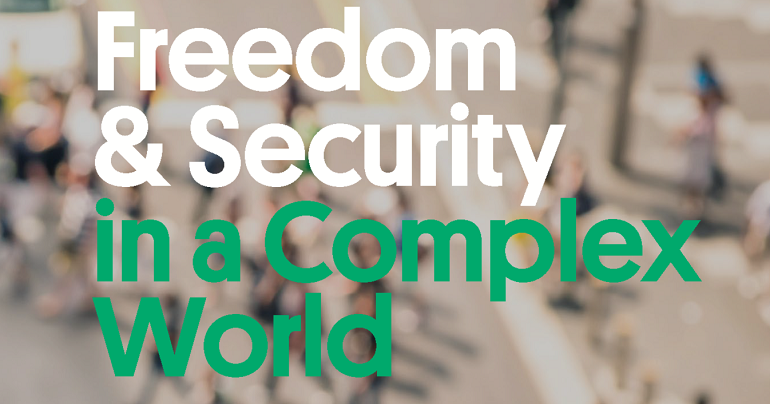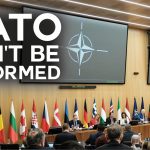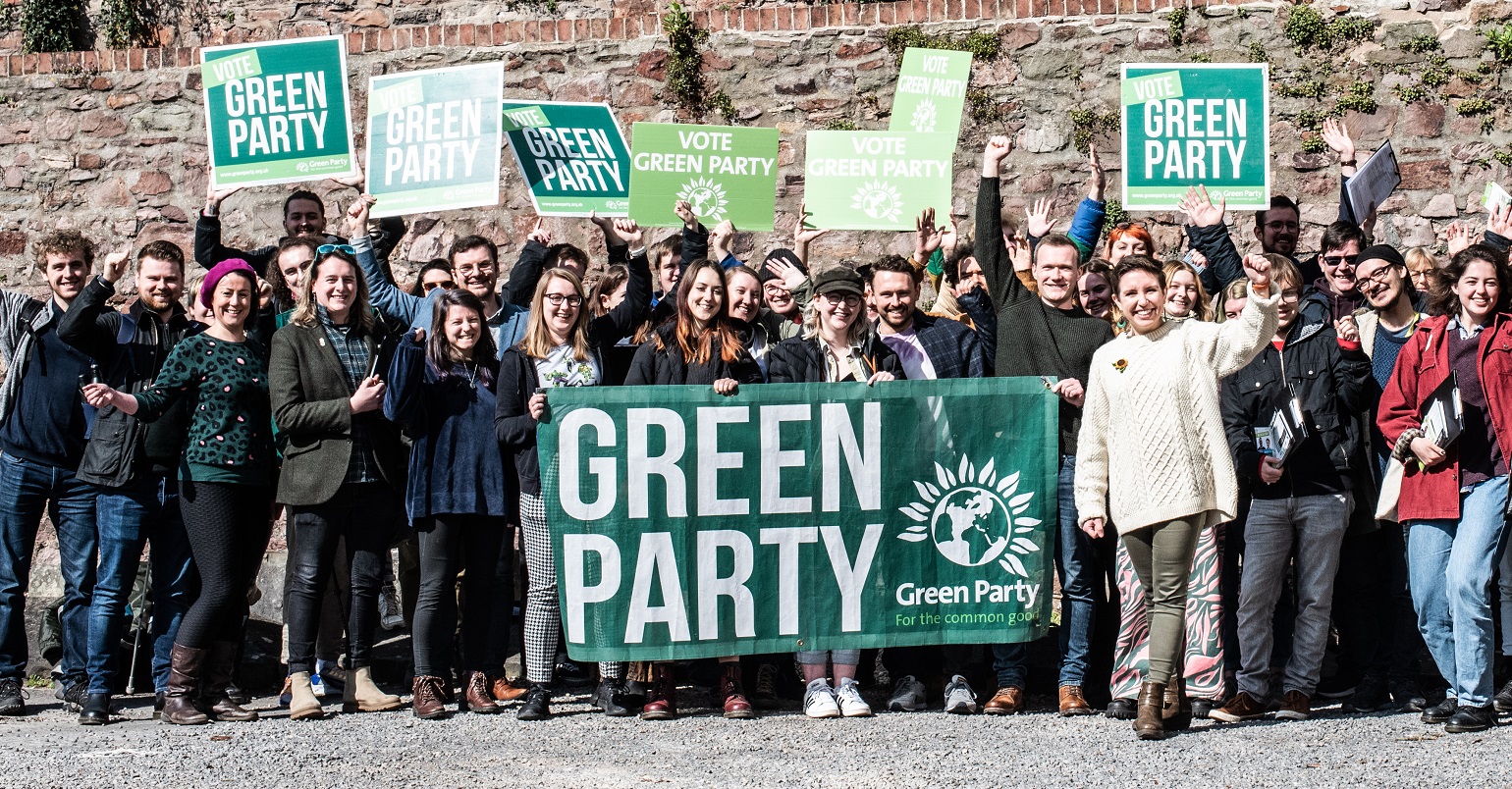Freedom and security in a complex world
 People all over the world are taking their future back into their hands. Together, they are taking initiatives in the fields of renewable energy, local food production, sharing tools, and so forth. This is the most hopeful movement of our time. Where the market and state fail, people are taking action. As free citizens, they are reinventing the collective, with open partnerships where personal development and social engagement go hand in hand.
People all over the world are taking their future back into their hands. Together, they are taking initiatives in the fields of renewable energy, local food production, sharing tools, and so forth. This is the most hopeful movement of our time. Where the market and state fail, people are taking action. As free citizens, they are reinventing the collective, with open partnerships where personal development and social engagement go hand in hand.
This observation seems to contradict what we experience every day. The system errors of our society model fill the newspapers: climate crisis, unstable banks, refugee flows. Accepted wisdom is that uncertainty is increasing. But both trends are happening, not by coincidence, at the same time. It’s time to wake up. For thirty years, we have believed in the fiction that the era of the Grand Narratives is over. The fall of the Berlin Wall made ideologies useless. Meanwhile we know better. After three decades of economic globalisation, we are seeing more losers than winners. Progressive politics without a passionate story for the future has driven the losers into the arms of right-wing nationalists, who feed the illusion that folding back on ourselves can be a fruitful form of cooperation.
We have to dare to rewrite history. In the 20th century, the welfare state developed from the progressive response to an industrial free-market economy. From the 1950s, citizens in the West enjoyed increased freedom while the government established social security. After thirty years, the economic engine broke down, which led to the neoliberal period for the next thirty or so years. In this period, a specific ‘Constitution of Liberty’ (Hayek 1978) was implemented, in which the market again became the dominant way to organise. This has led to a more unstable world with extreme inequality and a deepening ecological crisis. The answer we have to develop in the 21st century is the socioecological society, a project that strives for equal freedom for all people to flourish in security, within the boundaries of the planet.
It’s not a simple project because it takes on the paradox of our time. Certainty has little to do with the preservation of our present world. To build a certain future, we must change everything. In order for us to be able to develop freely, we need sustainable systems. In the future how we produce food, produce energy, work and earn an income will all be different. We need new social institutions and a cultural change about what we consider to be ‘the good life’. Fortunately, this is not a distant future dream. While most governments are sleepwalking towards disaster, more and more citizens are taking power into their own hands. Although they are rarely featured in the news, they are the growing and positive counter-current of our society. Together with progressive local governments, they are incubating a new socioecological society. How we can make it happen is the subject of this essay, with freedom and security at centre stage.
To be sure, the relationship between freedom and security is intriguing. Hannah Arendt, the philosopher, wrote that freedom is connected with the openness of the future: every action triggers a chain reaction of unexpected and unpredictable effects. That is logical and almost self-evident. If everything were fixed, then there would be no choice, no space for manoeuvre. And a life in which everything is so sure that nothing changes is not something to long for. But how free are you; should really everything be insecure? Does life in total uncertainty not lead to feelings of deep fear?
Sociologist Zygmunt Bauman stated at eighty-five, after sixty years of research, that every person in his life needs two things: freedom and security. They are a Siamese twins. These two concepts are always linked together in a balanced society. Bauman described our current time as ‘liquid modernity’. All institutions providing us with security (nation state, family, etc.) have been dissolving in a society of liquid flows of people (from tourists to refugees), capital and goods that provide little or no support.
We must now leave this period and build a new one by transforming our world into a socio-ecological society. We need equal freedom for all people to develop, linked to an economy and lifestyle that demands ten times less of the planet. Certainly, in our present unstable times, such an immense challenge initially creates much uncertainty and resistance. It is therefore important to formulate the necessary changes as a constructive societal project for the future; a politicising message of hope from which we can secure certainty in the long process of realisation. It is up to the green movement and its political representation to play a key role in this road ahead. This is not only the period for smart analyses and inspiring ideas – it’s also about mobilising people for their future.
This piece is sponsored by the Green European Foundation to promote their publication, written by Dirk Holemans – Freedom and Security in a Complex World.




Leave a Reply